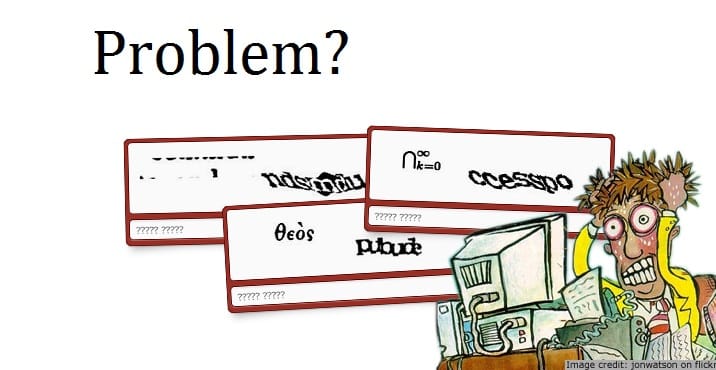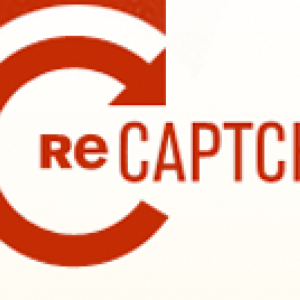Filling a form? Tired of writing those indecipherable captcha’s? Don’t worry soon Google will replace the captcha’s by something more smart. Google is the biggest name in the information technology industry and it has rightly owned its reputation owing to the countless contributions it has done to provide world with efficient searching, latest hi-tech gadgets and even automatic driverless cars when it comes to. Goggle has taken yet another step to improve what initially it implemented as a security measure. The captcha’s are used to distinguish between a human and a robot. This measure was taken to ensure that a robot may not use a specific application again and again countlessly to create garbage accounts or increase the load on the server.
For those who do not know, captcha is the short for Completely Automated Public Turing test to tell Computers and Humans Apart. It is a type of challenge posed to a user who will have to use his intelligence to decipher the text and input the correct sequence as a response. Here the intelligence of the user inputting the data is evaluated and a confirmation arises that it is not indeed a robot. Gradually this security measure was adopted by many other websites to ensure the integrity of the World Wide Web, but honestly we all find it a bit irksome especially when we have a slow internet connection and the page with a captcha need to be reloaded every now and then.
Now the question arises what might be the next prodigy as effective as the captcha and not irksome at all. Internet integrity levels have to be maintained as now there are a lot of financial transactions are carried on over the net. Google has made it very simple, you just have to check a checkbox next to the text statement “I’m not a robot.” While this might not seem to be a very simple for the user, a lot of calculations are running in the background to analyze that this check is indeed made by a human. This check box will not be treated in the same manner as the other checkboxes in a form normally would. According to Google, the manner in which the mouse is moved just before it checks the defined checkbox will conclude the species of the user. Consider for example a human would normally drag the mouse to the checkbox, hover it to aim and then clicks the checkbox.
This series of actions carried out somewhat imperfectly draw out the conclusion of it being a human. It aims in using tracking clues which will not involve any interaction with the user. The subtle clues focus on the manners in which a man or an automated spambot will use the machine. Not only will this approach make your web form look absolutely simple and refined, it will also reduce the functioning manifold. Google will also use some of the clues that a user unknowingly provides like the IP address and cookies which it will evaluated by picking it from other destinations on the web.


